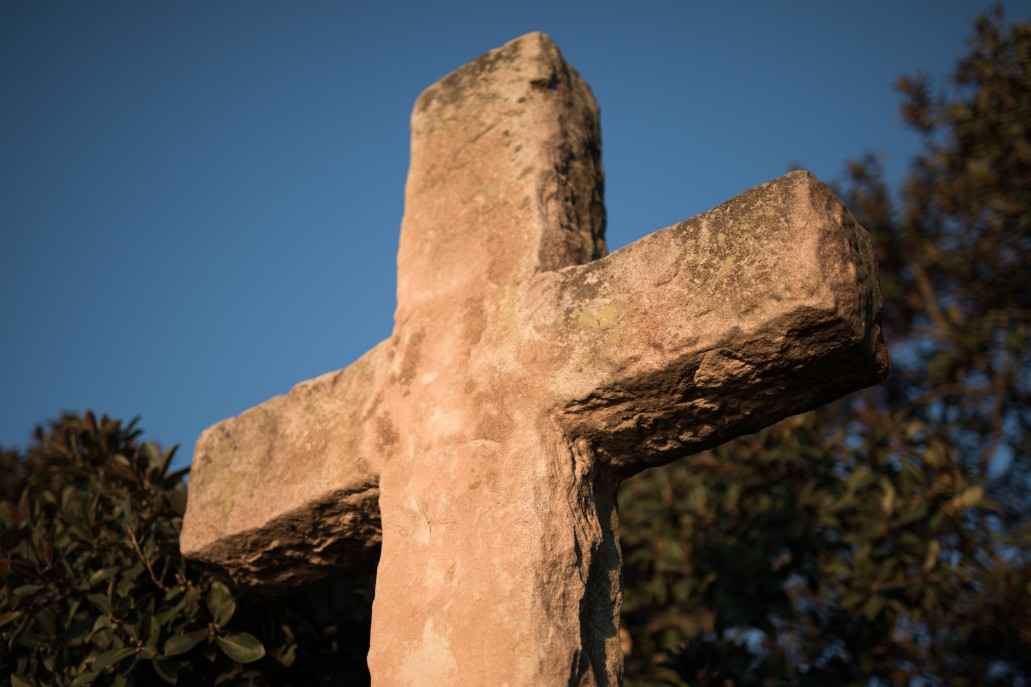It’s been five years since the 2008 financial crash and five years since President Obama came into office with promises of hope and change.
How has all this affected those in need? In a recent Commentary article, Arthur Brooks points out that the poor seem to be getting poorer and have less opportunity than ever to climb to the top of the socioeconomic ladder.
Brooks says:
The fact that many Americans continue to suffer years after the technical end of the Great Recession should offend any sense of plain justice. The administration’s pathetic performance demands not schadenfreude, but answers. Conservatives need a social-justice agenda of their own.
According to Brooks, this agenda should involve providing transformation, relief, and opportunity for needy Americans.
One group that could really benefit from this approach is the 400,000 children who are in the foster care system. Without a stable family or financial situation, these children often find themselves unable to get a good education or rise above the poverty line as adults.
How can we help them?
To address this issue, Values & Capitalism hosted an event at AEI on Wednesday, February 12th, to discuss adoption and foster care—and the implications for individual children and society at large.
Panelist Kathryn Edin, a professor of sociology at Johns Hopkins University, shared her personal story of adoption, recounting the pain, joy and transformation that has come with raising her African-American daughter.
Panelist Aaron Graham has focused much of his ministry as a pastor on making the topic of adoption and foster care a priority for the church in DC. He said, “DC was ranked dead last, the worst child welfare system in America… Fifty-eight percent of kids in DC [foster care] are teenagers, over eleven years old,” meaning that it is unlikely that they will find families willing to adopt them or invest in them long-term.
Graham firmly believes that this is an issue that the church should be taking the lead in, so he launched DC 127, a network of churches that seeks to support foster care families and find loving homes for children.
“Not everyone can adopt,” Graham noted, “but everyone can care for a child in need,” by supporting a foster care family, financially or otherwise.
Jason Weber, a foster and adoptive parent who is national director of foster care initiatives at the Christian Alliance for Orphans discussed three issues: What does it cost to run the current American foster care system? How does the system impact the children? And how do the kids raised up by the system impact society?
The bleak stories and statistics that he shared about individuals coming out of the foster care system were sobering.
[pullquote] Individuals, families, churches and government must seek to provide opportunity-laden environments for the vulnerable.[/pullquote]
Weber emphasized the importance of the church in supporting existing foster care programs. “When you engage the church community…it makes things more accessible to people… [I]t changed everything.” But he also emphasized how important it is for the church to take a humble approach: “When we talk about [foster care], it’s important not to say…‘let us take over’… [W]e have to come in serving.”
He also noted that individuals can help without going through the laborious process of becoming an adoptive or foster parent: “We need more families who are willing to open up a home… We could prevent a lot of kids from going to foster care” if there was a system where kids had a temporary place to stay during a family difficulty.
Finally, Matt Weidinger, the majority staff director on the House Committee of Ways and Means, explored some public policy solutions to the current foster care system, examining how government incentives can either help or create unintended consequences.
Some examples of positive reform include: instituting an independent living program that provides support to foster children over the age of eighteen, incentive payments directed at older children who are more difficult to adopt and allowing foster children to remain in their neighborhoods, even if they have to switch families.
According to Arthur Brooks, faith, family, community and work are the pillars of happiness and a prosperous society. The topic of adoption and foster care is central to this conversation.
If we truly care about helping the poor—and if we are truly concerned about increasing mobility in America today—individuals, families, churches and government must come together to provide opportunity-laden environments for the most vulnerable: the thousands of children and teenagers who are currently trapped in an unstable and inadequate system.



